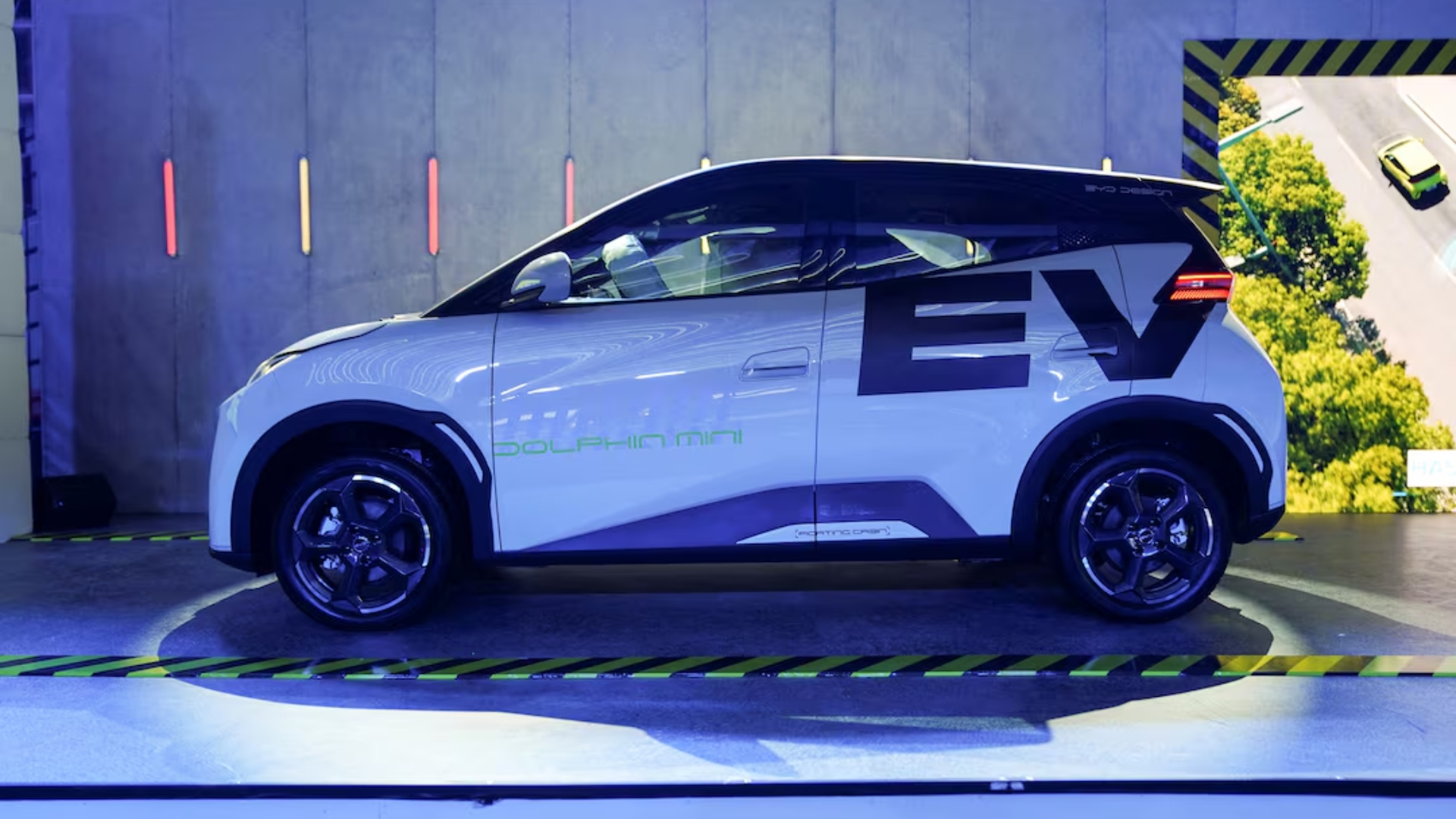FRANKFURT, (Reuters) – Germany on Friday will vote against the introduction of European Union tariffs on Chinese electric vehicles, people with knowledge of the matter told Reuters on Thursday.
Germany abstained in a first non-binding vote in July on the European Commission’s proposal to impose the tariffs, but since then industry has pressured German Chancellor Olaf Scholz to vote against the measure in Friday’s vote by European Union member states.
The Commission’s proposal can be implemented unless a qualified majority of 15 EU members, representing 65% of the EU population vote against it, in what is a very high hurdle.
Reuters reported on Wednesday that France, Greece, Italy and Poland will vote in favour, which would be enough to push through the EU’s highest profile trade measures.
A German government spokesperson declined to comment.
The Commission says duties are needed to counter cheap loans, land and raw materials and other subsidies and the goal is a level playing field, not shutting Chinese car makers out, as the United States’ planned 100% tariff is likely to do.
German carmakers, which made a third of their sales last year in China, oppose the tariffs. They worry about retaliation measures and fear a trade conflict with the country’s second most important trading partner.
IG Metall, the powerful German labour union, and employee representatives of the nation’s major carmakers said in a statement on Thursday that Germany should vote against the tariffs.
“We say unequivocally: tariffs are the wrong approach because they will not improve the competitiveness of the European automotive industry,” they said in a joint statement.
Reporting by Andreas Rinke; writing by Maria Martinez and Tom Sims; Editing by Hugh Lawson











